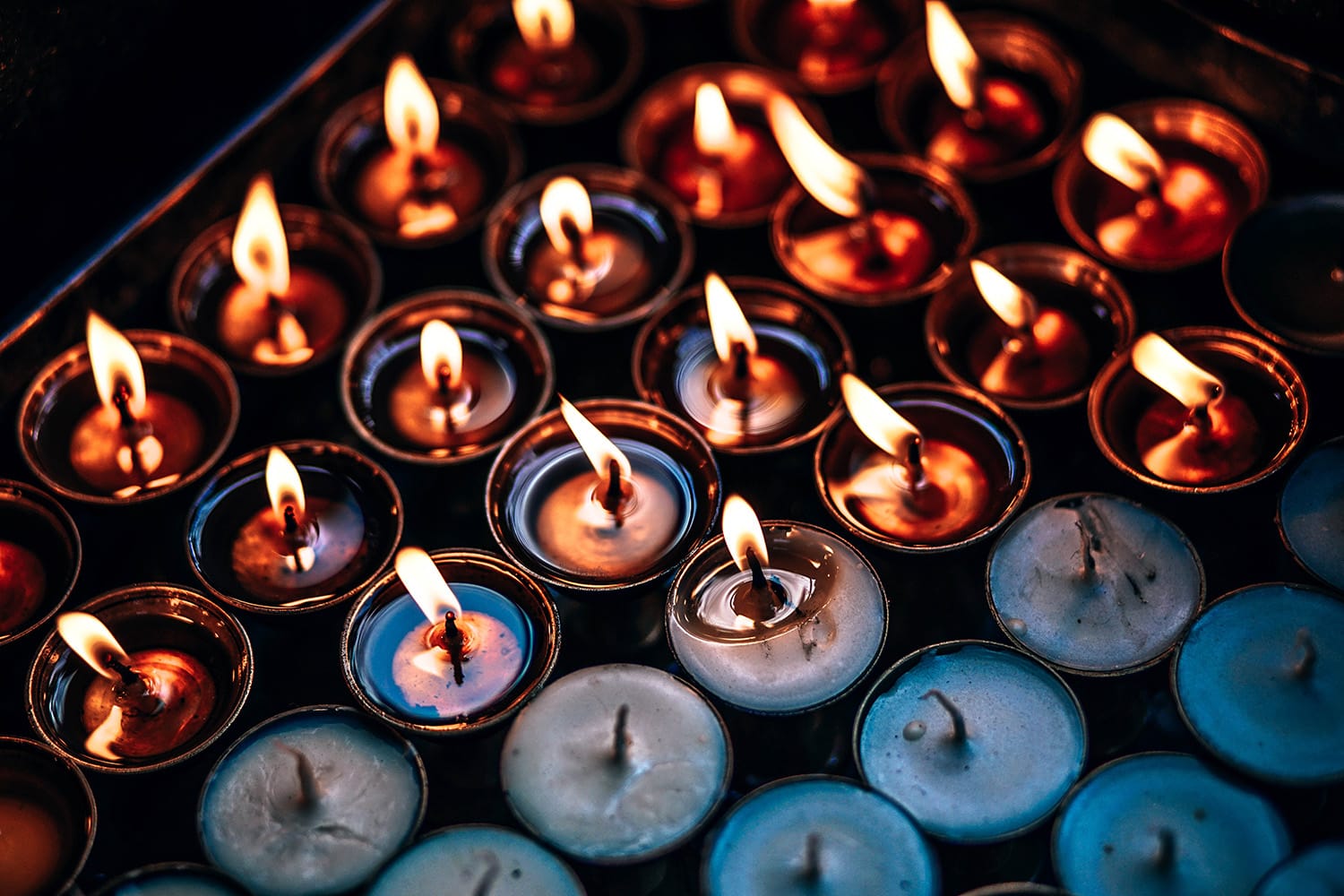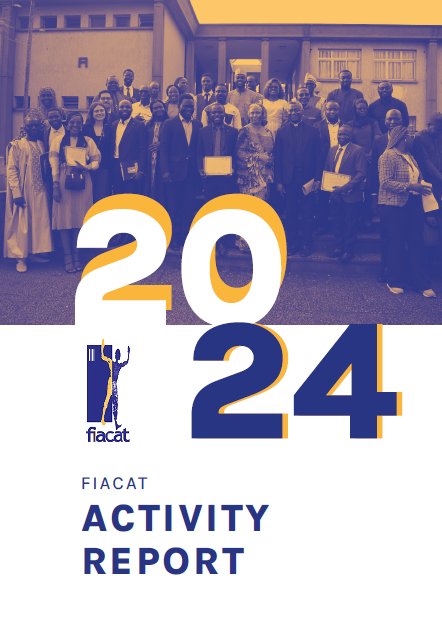
ACATs and FIACAT – a Christian movement

(Hebrews 13. 3)
Remember those who are in prison, as though you were in prison with them; those who are being tortured, as though you yourselves were being tortured.
In March 1974 in Paris, Tullio Vinay, a Waldensian pastor from Italy, reported on torture suffered by political prisoners in Vietnam. Hélène Engel, who was 73 years old at the time, was so shocked that she felt driven to raise awareness among Christian churches of the scandal of torture, saying 'I can't call myself a Christian and go on living as if I knew nothing about it'. She and Edith du Tertre decided to take action to help their brothers and sisters who had suffered or were threatened with torture. These two Christians from the Reformed Church turned to the other Christian traditions and called on major figures from the Roman Catholic, Orthodox and Protestant Churches.
For all Christians of whatever denomination, the message of Christ and the Bible is a powerful call to love and solidarity, and total respect for the dignity of each human being. Indeed, since in the Creation story God made human beings in his image and likeness, everything that attacks human beings attacks God himself. The aim of torture is to annihilate the person, to destroy them, reduce them to nothing. Nothing can be further from what Jesus reveals of God who wants to raise people up to his own stature.
(1 John 4.7)
Beloved, let us love one another, because love is from God; everyone who loves is born of God and knows God.
Thus was born the ACAT movement and subsequently FIACAT. Christians see in human rights an expression of the Christian message of love and brotherhood, which also includes love for enemies.
(Matthew 5.43-48)
You have heard that it was said, 'You shall love your neighbour and hate your enemy'. But I say to you, Love your enemies and pray for those who persecute you, so that you may be children of your Father in heaven; for he makes his sun rise on the evil and on the good, and sends rain on the righteous and on the unrighteous.
Since the beginning, Action by Christians for the Abolition of Torture has chosen to work on a Christian-ecumenical basis, bringing together Christians of all traditions who not only act but also pray together. Prayer forms an integral part of what we do: we pray for the victims of torture, and we also ask that their torturers will be converted.
(Matthew 25, 34-40)
Then the king will say to those at his right hand, 'Come, you that are blessed by my Father, inherit the kingdom prepared for you from the foundation of the world; for I was hungry and you gave me food, I was thirsty and you gave me something to drink. I was a stranger and you welcomed me. I was naked and you gave me clothing, I was sick and you took care of me, I was in prison and you visited me'. Then the righteous will answer him, 'Lord when was it that we saw you hungry and gave you food, or thirsty and gave you something to drink? And when was it that we saw you a stranger and welcomed you, or naked and gave you clothing? And when was it that we saw you sick or in prison and visited you?' And the king will answer them, 'Truly I tell you, just as you did it to one of the least of these who are members of my family, you did it to me.'
For Christians, the Gospel sets a clear and specific challenge: ʹI was hungry and you gave me food'. This is a call for action to help build a world of peace, justice and love, as expressed in this ancient prayer, also attributed to Raoul Follereau:
Our God has no hands.
He has only our hands
To build up the world of today.
Our God has no feet.
He has only our feet
To lead people to his way.
Our God has no voice
He has only our voices
To spread his message wide.
Our God has no strength
He has only our strength
To bring people to his side.
We are the only Bible
That still today is heard.
We are the latest news from God,
We daily write his word.
We are aware that the Christian Churches are not all, and not always, as committed to the field of human rights as they should be. They are too often silent in the face of inhuman and degrading treatment and the death penalty itself. This is why one of our aims is commitment to continue raising awareness among Christian Churches of their essential responsibilities to fight for universal respect for human rights. With our founder, we would like to reiterate: "I can't call myself a Christian and go on living as if I knew nothing about it"



